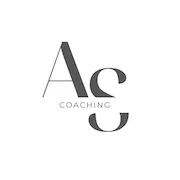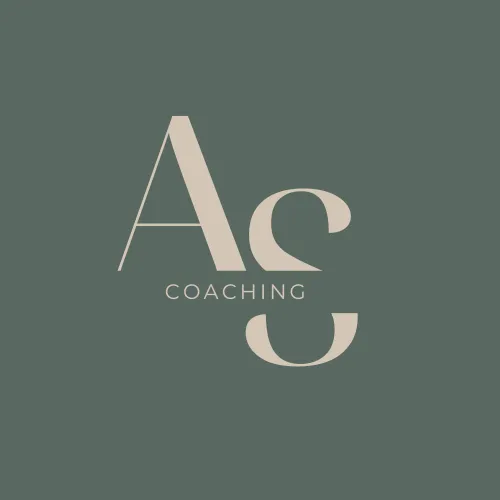On The Blog
This is the where I immerse myself in all aspects of holistic wellness.
My aim is to educate, inspire, and motivate by sharing information that fuels my passion.

How to Grocery Shop Like a Nutritionist: Top Tips + Food Label Questions to Ask
Sometimes going to the grocery store can feel overwhelming. There are so many packaged food products and so many nutrition and marketing labels it can be difficult to make an informed decision on what is a healthier option. In this post I'm going to share my top 3 practices for grocery shopping, my number one tip when it comes to reading food labels and 5 key questions to consider.
Top 3 Practices for Grocery Shopping:
Make a list: plan meals ahead of time and create a shopping list to avoid impulsive buys and to make sure you have everything you need.
Don't shop on an empty stomach: shopping while hungry can lead to making unhealthy choices.
Stick to the perimeter of the grocery store: shop around the outer aisles where fresh produce, meats and whole foods are located first, and then shop the inner aisles.
Now, I know the 3rd practice can be difficult which is why I want to help you make informed decisions when you do shop in the inner aisles. My number one tip when it comes to reading food labels is to read the INGREDIENTS LABEL FIRST. When I first learnt how to read food labels, I would only look at how many calories there were and the total grams of sugar on the nutrition facts label. However, food doesn't just contain calories, it contains information and instructions that can either create health or dis-ease in the body. This is why the ingredients list is SO important because it tells you about the quality of the food your eating instead of focusing on the quantity.
I have a challenge for you and that's to start exploring your own cupboard. Look at the packaged food products you have on your shelves at home and start to get familiar with reading the ingredients list and ask yourself the following 5 questions.
5 Key Questions to Consider When Reading Food Labels
How many ingredients are listed? 5 or less? More than 10? More than 15?
Are there any of the following seed oils in the first 3 ingredients listed?
Sunflower oil, vegetable oil, peanut oil, cottonseed oil, modified palm oil, soybean oil, canola oil, safflower oil, soy lecithin
Remember, the first 3 ingredients listed is what the company used the most of to make the food product - the first 3 ingredients make up the largest part of what you're eating
After considering these 5 key questions when it comes to the foods in the inner aisles of the grocery store will help you gain greater clarity, allows you to read labels confidently and make informed choices.
I’d love to know which products you’ve swapped for healthier alternatives!
Free Resources
Grab Your Stress-Free
Habits Guide
Free Download: The Secret
To Consistency
What is a holistic nutritionist and why work with one?
Let's start with the basics! A holistic nutritionist is a professional who approaches an individual's health needs from a comprehensive and integrative perspective, taking into account not only nutrition but also the mental, emotional, and spiritual well-being of an individual. This approach is rooted in the belief that optimal health is achieved through balance in various aspects of life, not just through dietary choices. By choosing to work with a holistic nutritionist, individuals can gain a deeper understanding of their unique health needs, receive personalized guidance, and embark on a journey towards holistic well-being that goes beyond traditional dietary approaches.
Are you covered under insurance?
Some insurances do cover nutritionists! You have to check with your specific provider. You can always contact me for my licence number and designation to double check.


